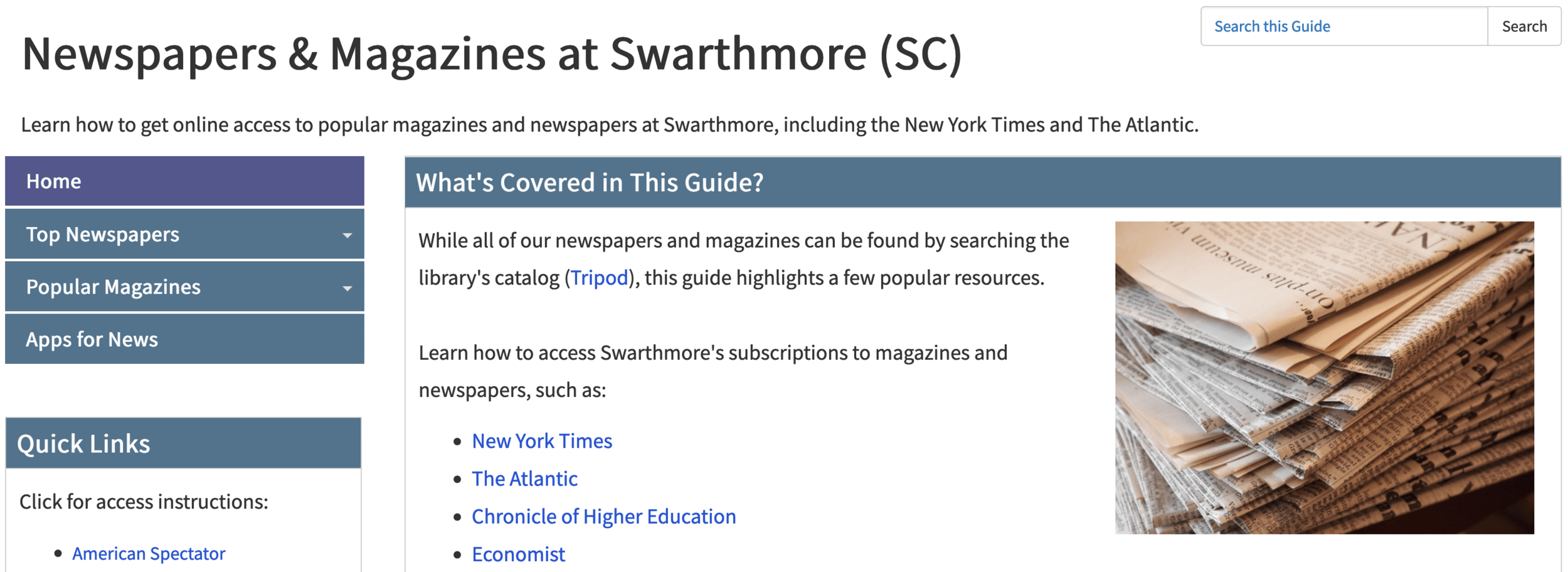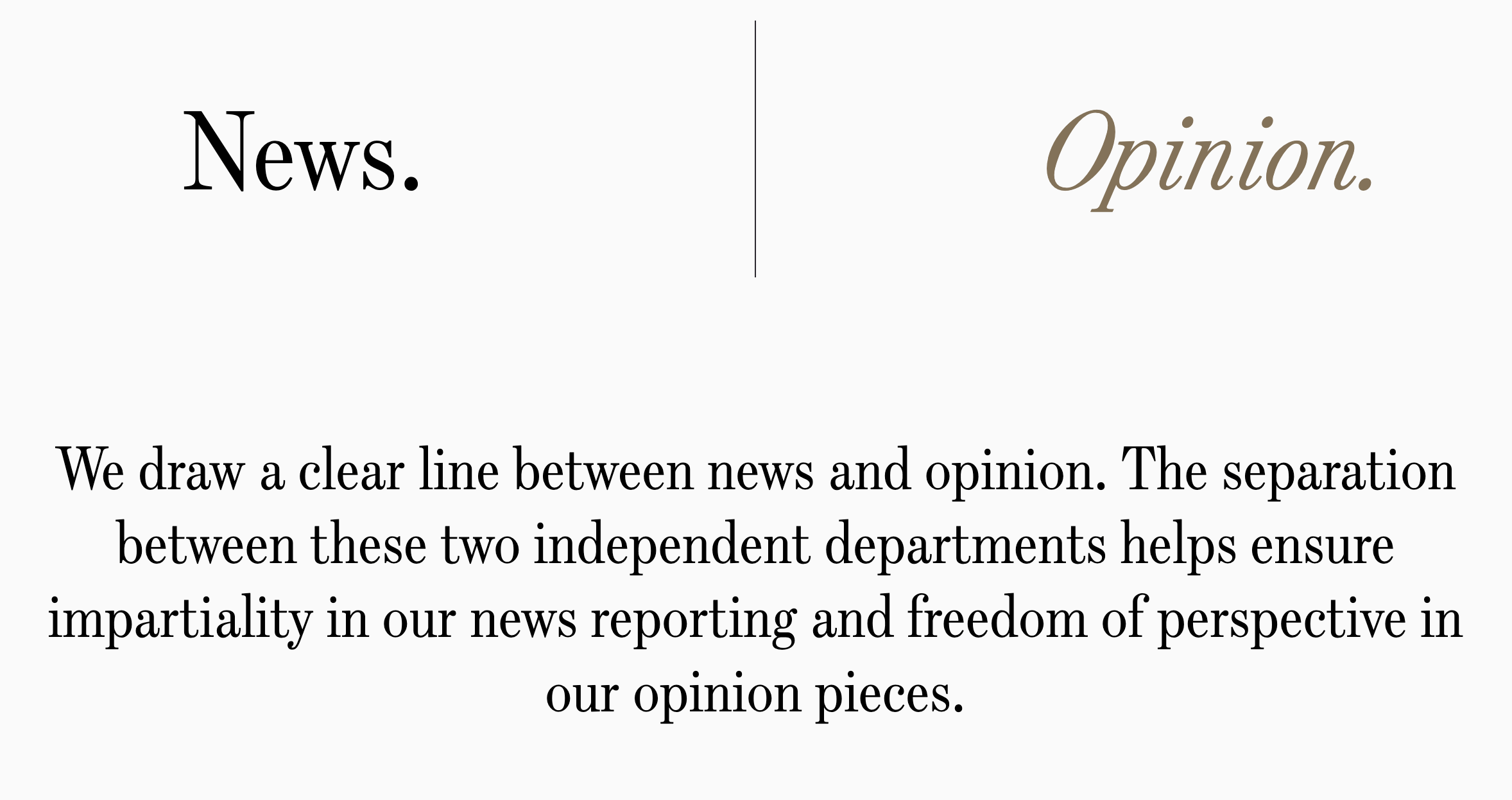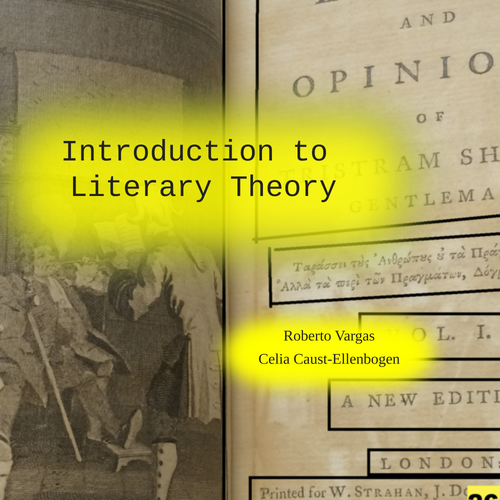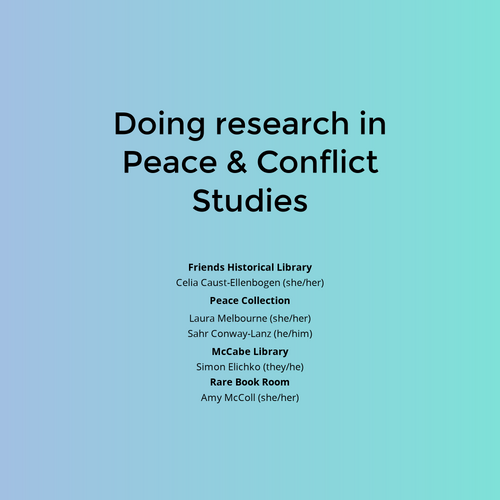Informed
Research resources for building leadership skills
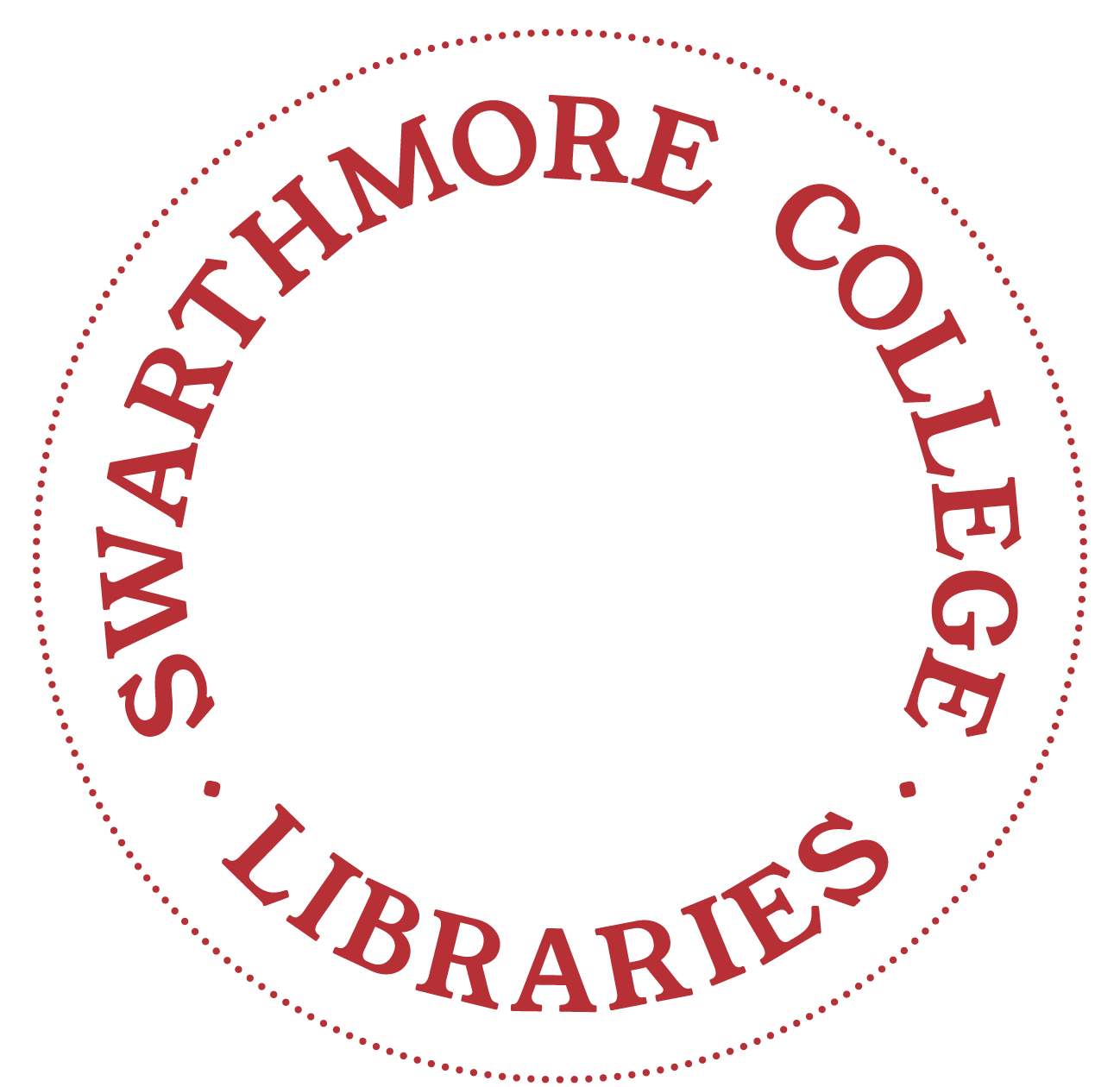
CIL Interns, 10/27/25
Simon Elichko (they/he)
Social Sciences & Data Librarian
What did you notice about your information-seeking habits this week?
How often did you get information from someone you knew?
Information Introvert
Information Extrovert
When you went to a known source, what made you choose them?
Purpose
Why are you looking for information?
- To understand
- To guide a decision
- To persuade
Credibility
Who is in a position to know about this topic?
What experiences make them a trustworthy source of knowledge on this?
What are the potential limits to their perspective? How can you account for this?
Current Awareness
Data + Visuals
Tailored Advice
How-To
Organized Expertise
Multiple Perspectives

Current Awareness
The libraries give you free digital access to the Wall Street Journal, Financial Times, The Economist, and The Atlantic, among other major news outlets and magazines.
Follow instructions on the News & Magazines Guide
to set up your accounts.
Information Timeline Graphic by adstarkel. Used under CC BY-NC-SA 2.0
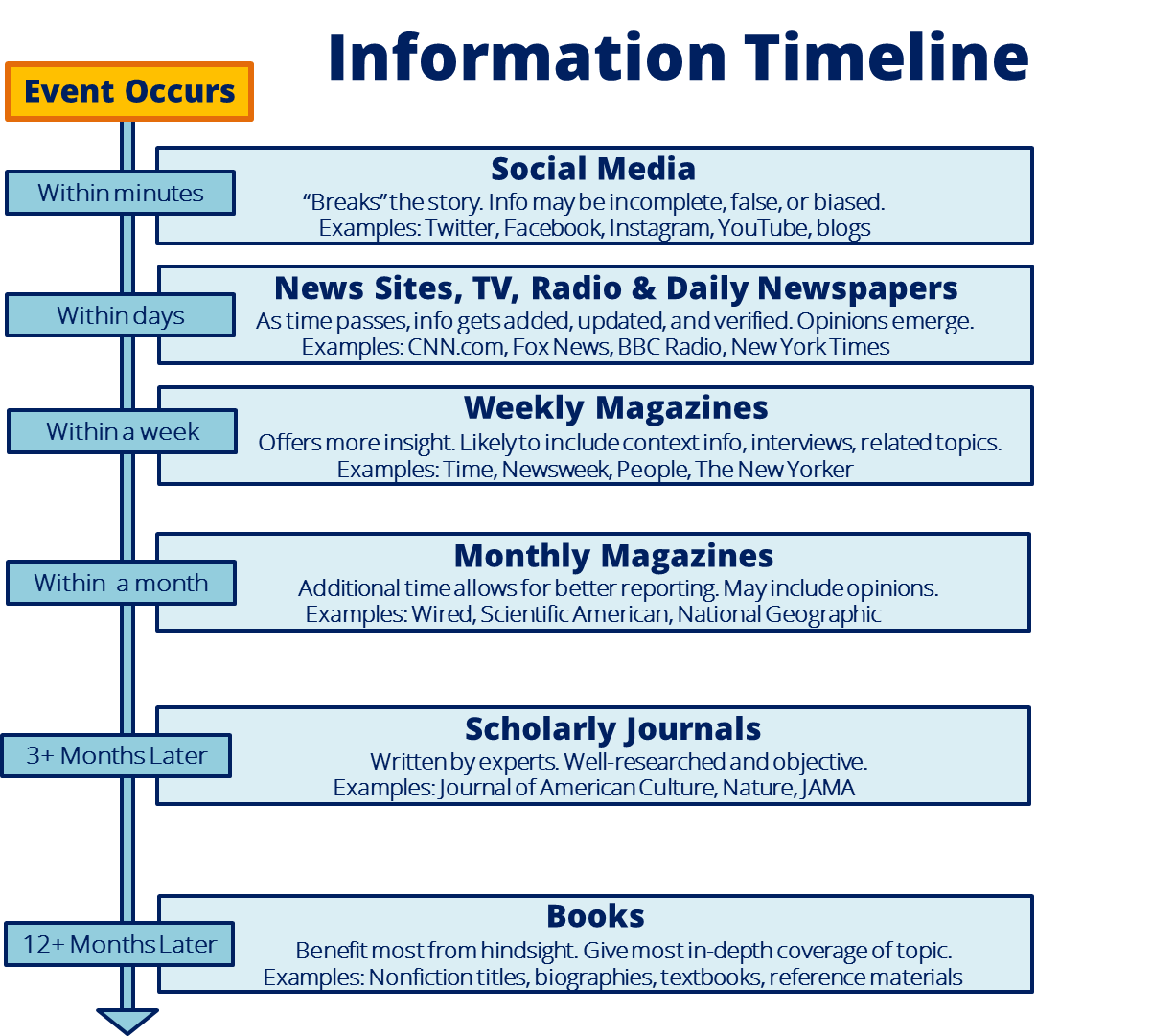
This visual article from the Wall Street Journal walks you through key signs for differentiating the News and Opinion sections* of the WSJ site. It's useful for building the habit of recognizing what kind of content you're reading, so you can evaluate it accordingly.
*The divides between News and Opinion aren't always as clear-cut as this piece makes them seem - but it's still crucial to know what you're reading.
Data + Visuals
Access data, maps, and charts using PolicyMap and Statista
PolicyMap strengths include detailed local coverage (US)
Statista strengths include company and industry-level research
To find the Data & Stats Guide, search Swarthmore.edu for data library
Reach out
Working with a librarian is a great way to get help and also improve your skills.
- Meet with Simon or email selichk1
- All of the subject librarians
CIL Interns
By Swarthmore Reference
CIL Interns
- 219
